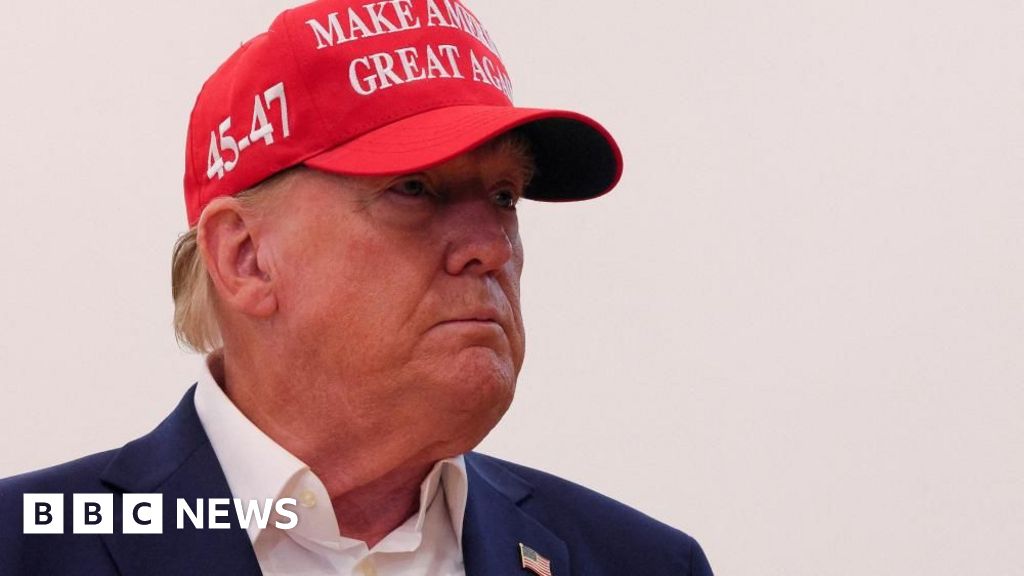As with Ukraine, Trump has promised to bring “peace” to the Middle East – implying he would end the Israel-Hamas war in Gaza and the Israel-Hezbollah war in Lebanon – but has not said how.
He has repeatedly said that, if he had been in power rather than Joe Biden, Hamas would not have attacked Israel because of his “maximum pressure” policy on Iran, which funds the group.
Broadly, it’s likely Trump would attempt to return to the policy, which saw his administration pull the US out of the Iran nuclear deal, apply greater sanctions against Iran and kill Gen Qasem Soleimani – Iran’s most powerful military commander.
In the White House, Trump enacted strongly pro-Israel policies, naming Jerusalem as Israel’s capital and moving the US embassy there from Tel Aviv – a move which energised Trump’s Christian evangelical base, a core Republican voter group.
Israeli Prime Minister Benjamin Netanyahu called Trump the “best friend that Israel has ever had in the White House”.
But critics argue his policy had a destabilising effect on the region.
The Palestinians boycotted the Trump administration, because of Washington’s abandonment of their claim to Jerusalem – the city that forms the historical centre of national and religious life for Palestinians.
They were further isolated when Trump brokered the so-called “Abraham Accords”, which saw a historic deal to normalise diplomatic ties between Israel and several Arab and Muslim countries. They did so without Israel having to accept a future independent Palestinian state alongside it – the so-called two-state solution – previously a condition of Arab countries for such a regional deal.
The countries involved were instead given access to advanced US weapons in return for recognising Israel.
The Palestinians were left at one of the most isolated points in their history by the only power that can really apply leverage to both sides in the conflict – further eroding their ability as they saw it to protect themselves on the ground.
Trump made several statements during the campaign saying he wants the Gaza war to end.
He has had a complex, at times dysfunctional relationship with Netanyahu, but certainly has the ability to apply pressure on him.
He also has a history of strong relations with leaders in the key Arab countries that have contacts with Hamas.
It’s unclear how he would navigate between his desire to show strong support for the Israeli leadership while also trying to bring the war to a close.
Trump’s allies have often portrayed his unpredictability as a diplomatic asset, but in the highly contested and volatile Middle East in the midst of a crisis already of historical proportions, it’s far from clear how this would play out.
Trump will have to decide how – or whether – to take forward the stalled diplomatic process launched by the Biden administration to get a Gaza ceasefire in return for the release of the hostages held by Hamas.

